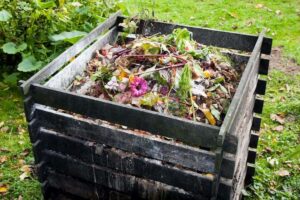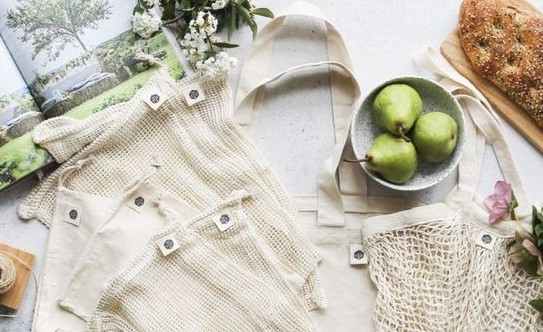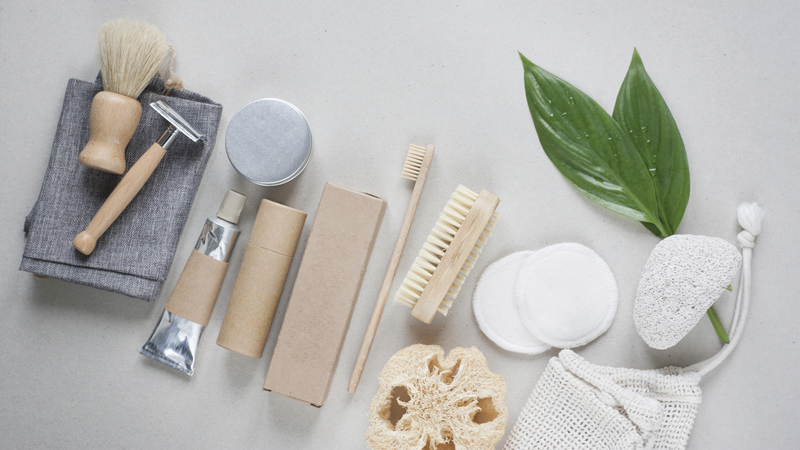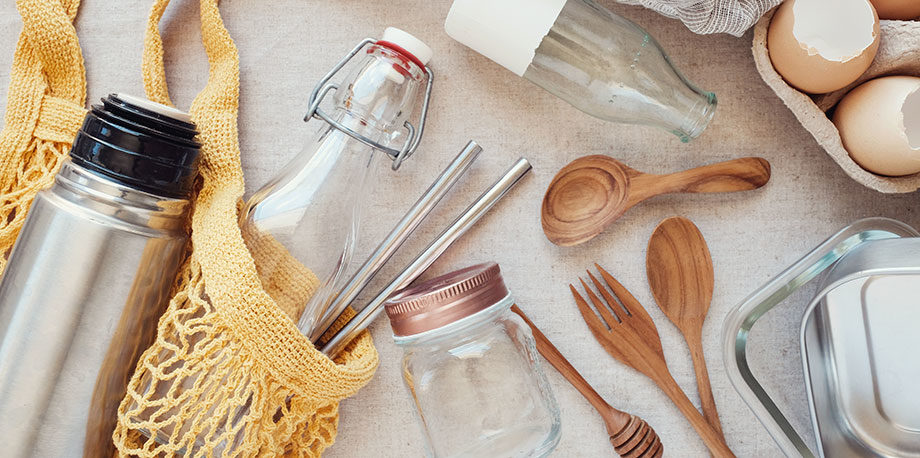
HOW TO MAKE A COMPOST BIN?
28.12.2020
Composting is an easy process with a lot of benefits that takes green waste (fruit, vegetables, weeds, eggshells, and coffee grinds) and brown waste (leaves, sticks, cardboard, and newspaper) and mixes it until everything decomposes in the compost bin to make rich soil. This rich soil can be used in your garden or flower beds, giving them the nutrients they need.
It’s a simple way to add nutrient-rich humus from the compost bin to your lawn or garden that fuels plant growth and restores vitality to depleted soil. It’s also free, easy to make, and good for the environment.
Food waste and yard leaves can go to compost bin.

Do you know that food waste and yard leaves can be easily compostable rather than put in a plastic bag? The soil which produced from compost is rich in nutrients for your garden, or flower beds. Additionally, it is also much cheaper to make your own compost than to go to the garden store and buy it.
If you’re interested in composting but you don’t want to keep your compost, several composting services will take your compost and put it to good use.
With compost, you are creating rich humus for your lawn and garden. This adds nutrients to your plants and helps retain soil moisture. They don’t call it “black gold” for nothing. Composting can divert as much as 30% of household waste away from the garbage can. That’s important because when organic matter hits the landfill, it lacks the air it needs to decompose quickly. Instead, it creates harmful methane gas as it breaks down, increasing the rate of global warming and climate change.
The organic gardener does not think of throwing away the garbage. She knows that she needs the garbage. She is capable of transforming the garbage into compost, so that the compost can turn into lettuce, cucumber, radishes, and flowers again…With the energy of mindfulness, you can look into the garbage and say: I am not afraid. I am capable of transforming the garbage back into love.
What to put in your compost bin?
However, not all not everything can be put into a composting bin. Here is the main organic materials that can be composted:
- coffee grounds and filters
- fruits and vegetable scraps
- egg shells
- grass clippings
- leaves
- nut shells
- shredded newspapers
- fireplace ashes
In contrast don’t put to your compost bin:
- meat and fish bones
- yard trimmings that have been treated with chemicals
- pet waste
- diseased plants
So how to make your own compost bin?
-
Select your bin – recycle or buy a box, metal container, garbage bin or bucket, where you want to compost. Consider it will need to be covered.
-
Drill holes in your bin – use a drill to make 10-12 small holes in the bottom of the container and to the sides for aeration.
-
Create the base for composting – you can use shredded newspapers or any dry leaves or yard waste on the bottom of your compost bin, filling about 1/8 – 1/4 full.
-
Add dirt – place dirt on top of the leaves or shredded newspaper until is container is half full.
-
Toss in your food scraps – now place any food scraps or paper products or fire ashes that you would like to compost.
-
Stir your compost – stir your compost with a shovel or stick, making sure to cover all food scraps with the dirt.
-
Cover and drill holes in the top – use a drill to make 8-10 small holes in the lid and place it securely on top of the compost bin. These will help with air flow.
-
Find a place for your compost bin – place the bin in a shady area of the house. Be sure it is not in the sun otherwise your compost will dry out.
-
Collect your compostables – when your compost bin is set up you can just add food scraps as you’ve got them, making sure to give things stir each time.

Now you just have to wait 2-3 months before your compost is ready and you can use it for your garden or yard. It can be used as mulch or potting soil and can also be sprinkled over grass as a lawn conditioner. But you have to remember to save at least 1/3 of it so you can keep the composting process going.
Seems pretty easy, right? Learn more about our journey toward zero waste lifestyle here.






